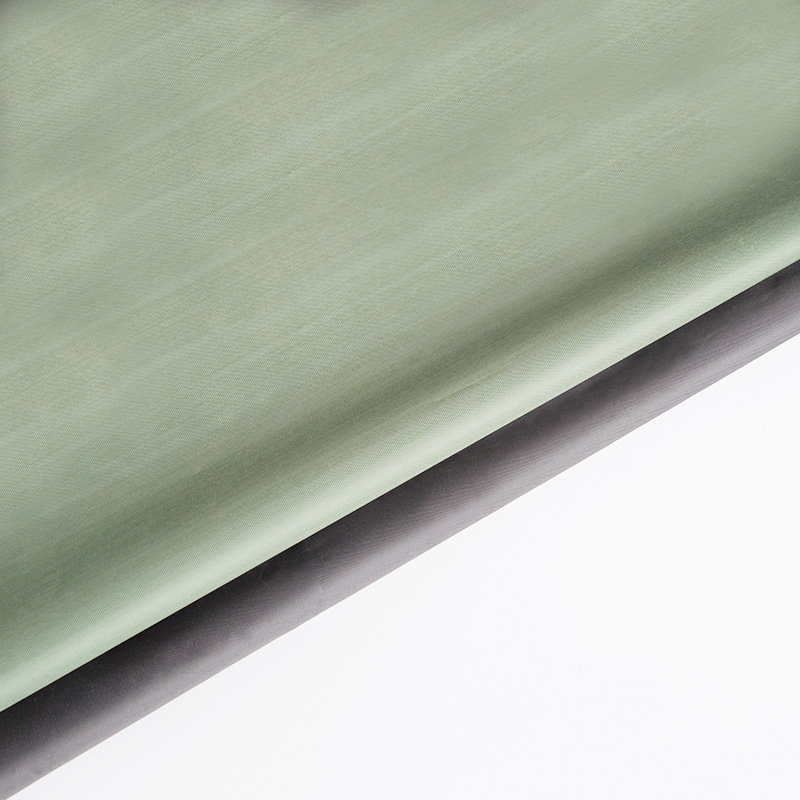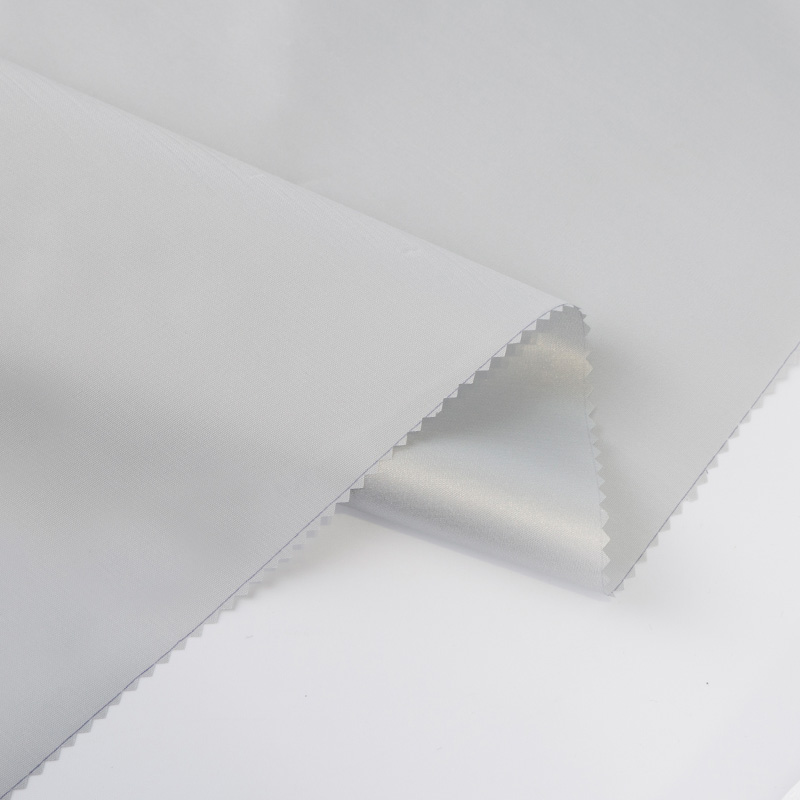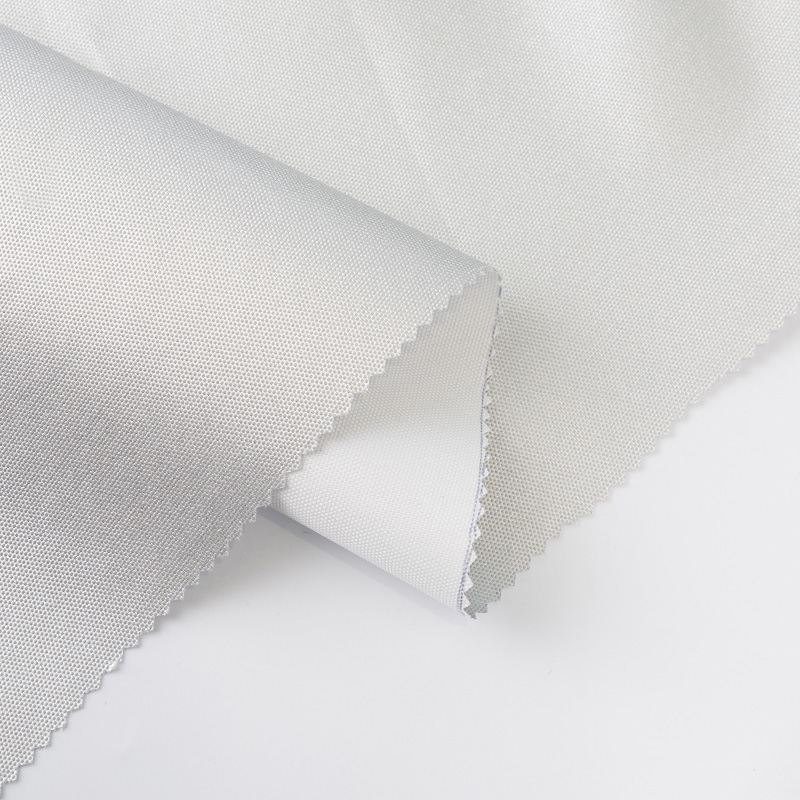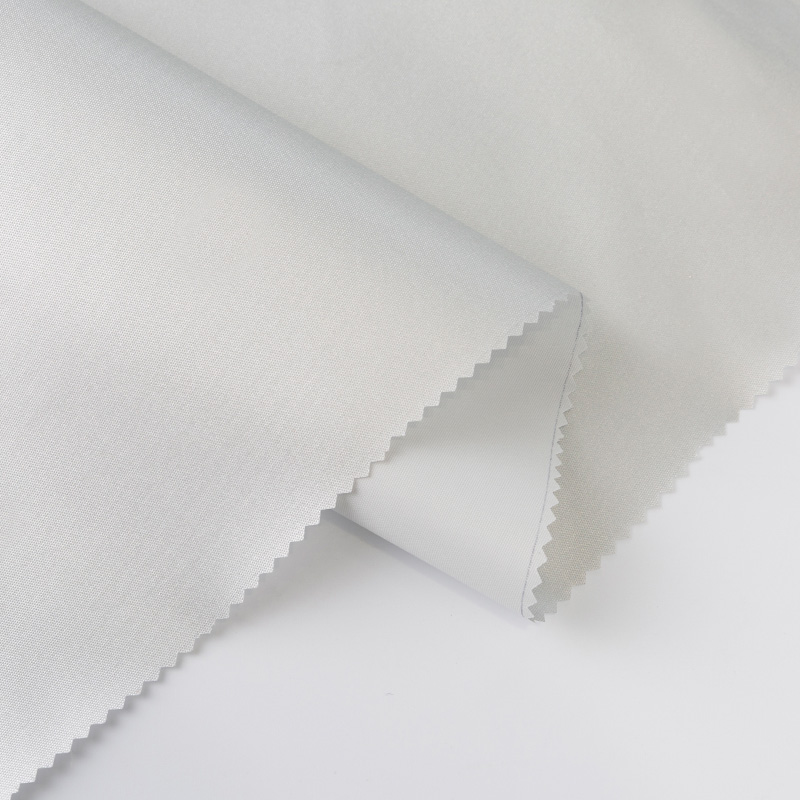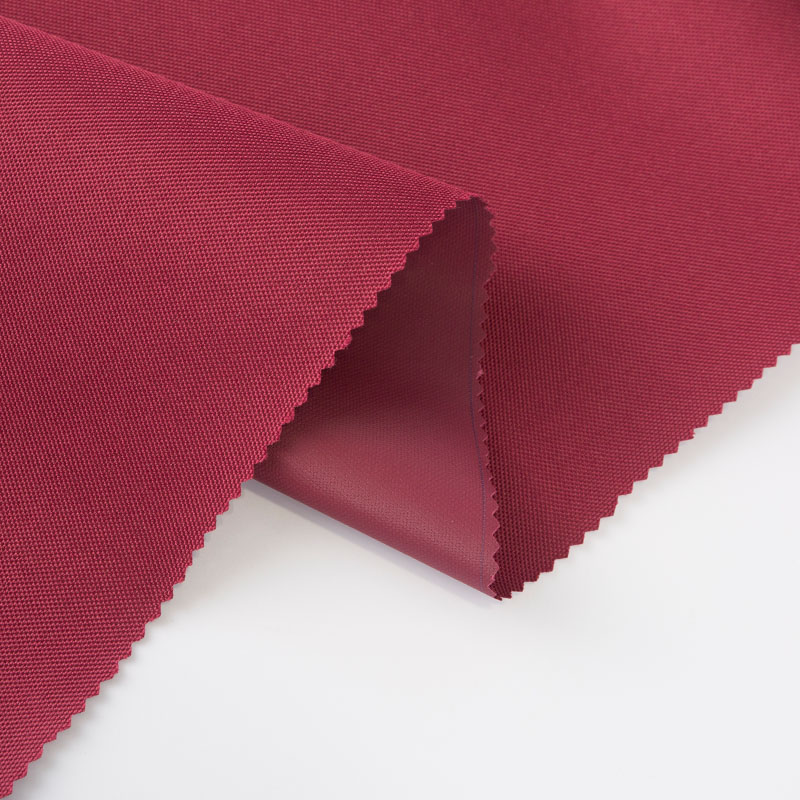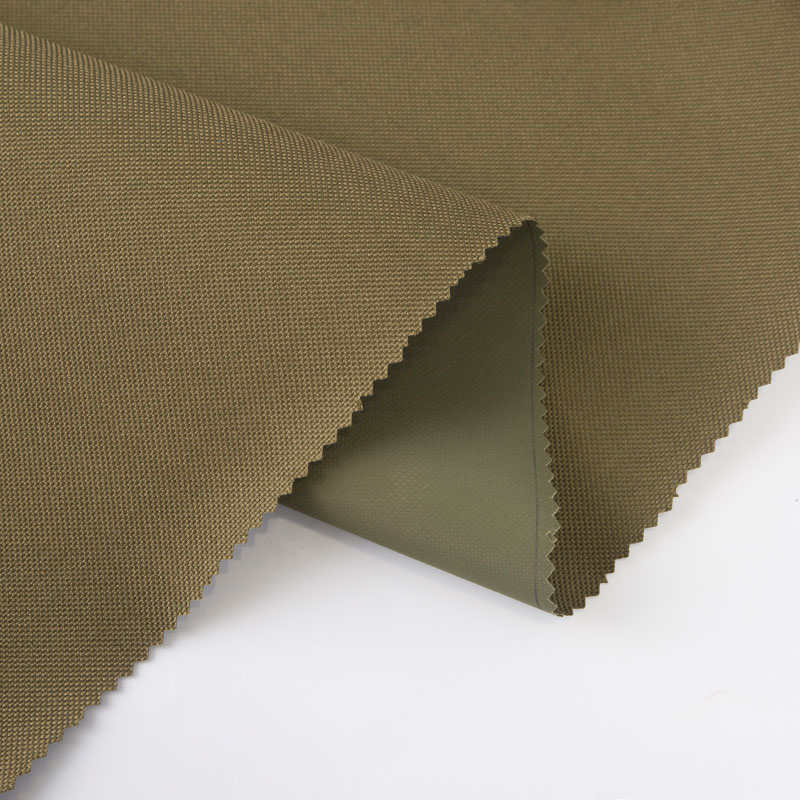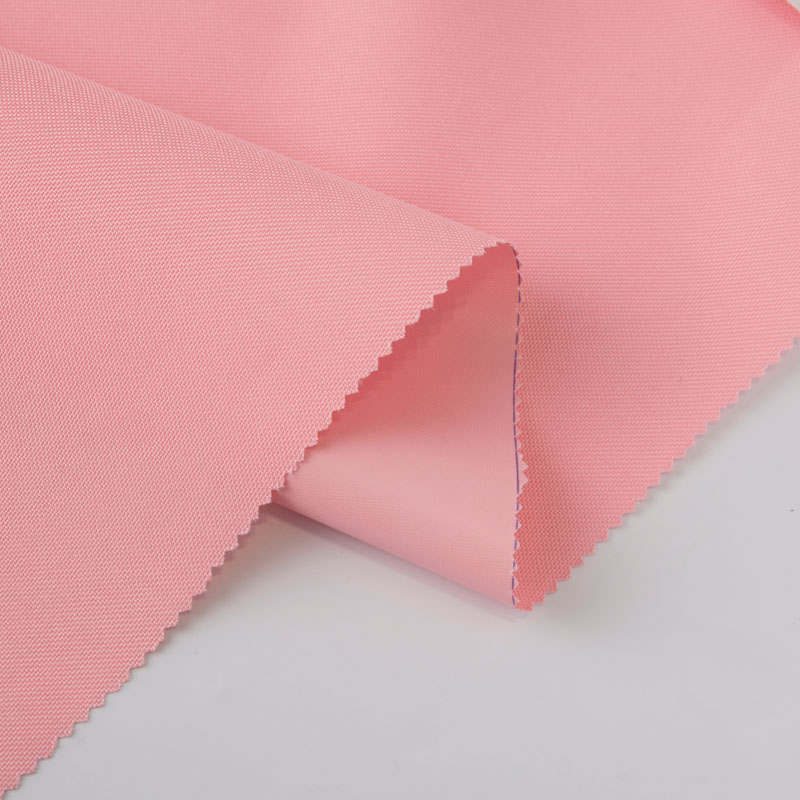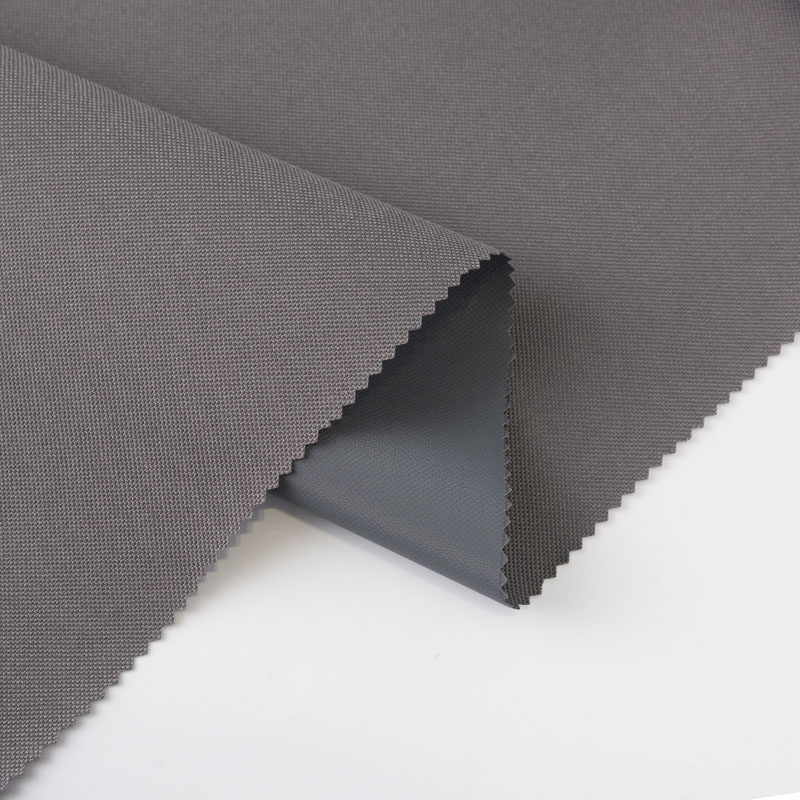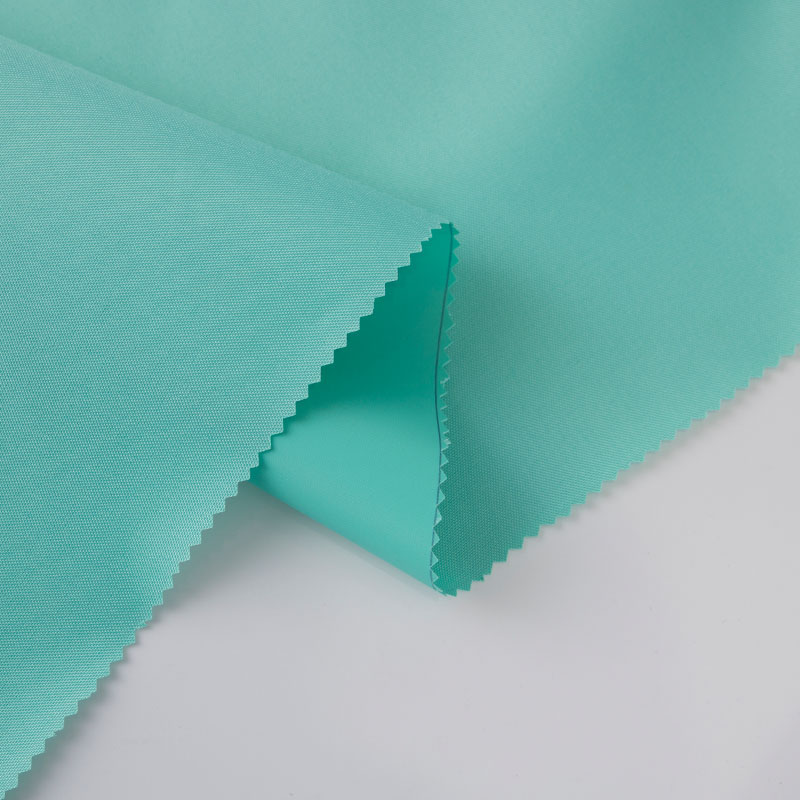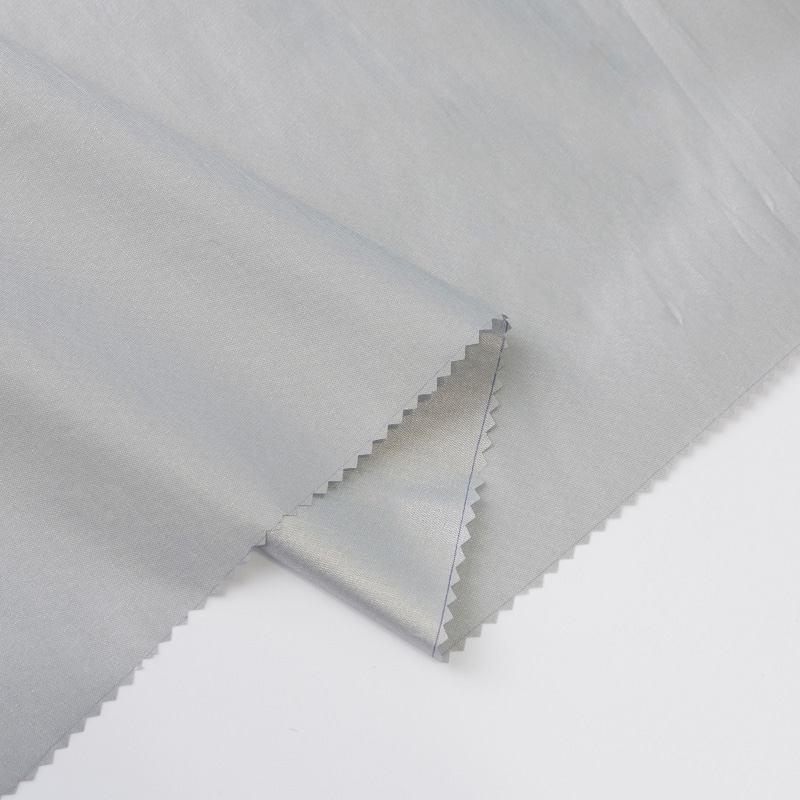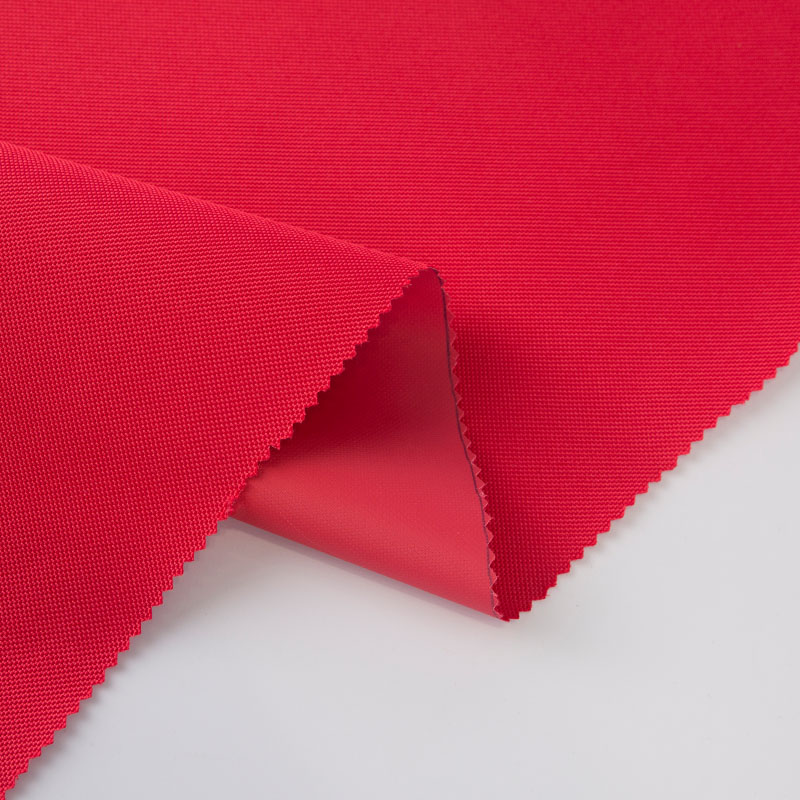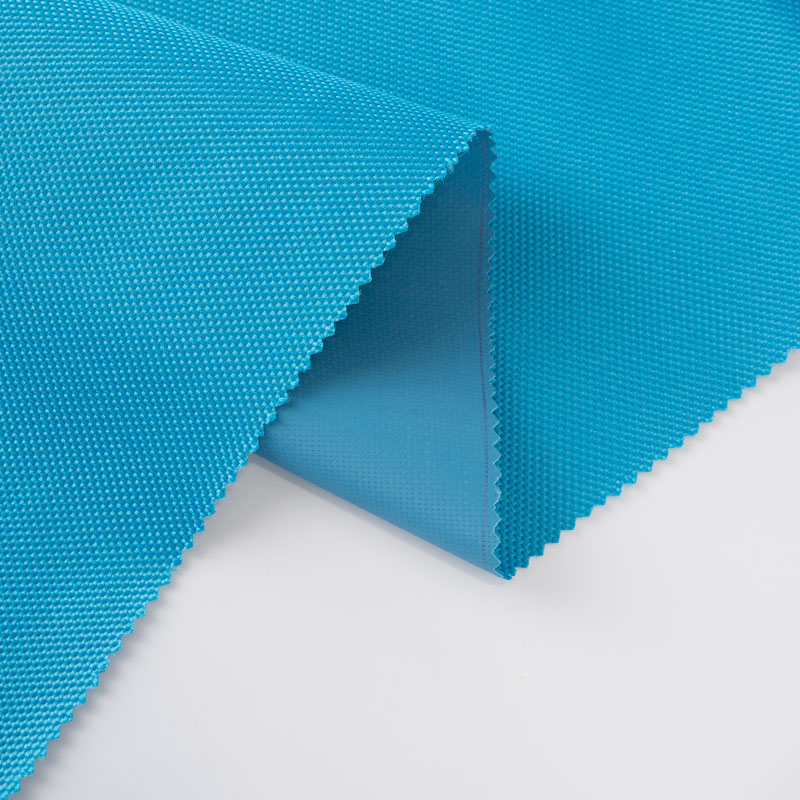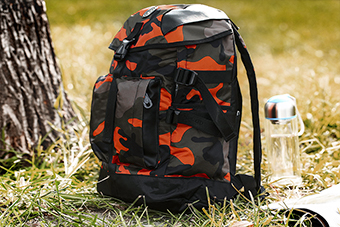We are a national high-tech enterprise. At present, there are many kinds of self-woven and cooperatively processed fabrics, including microfiber warp-knitted towel cloth, weft-knitted towel cloth, coral fleece, etc.
We know that polyester fabric that has certain qualities that make it a great choice for clothing. It has a slight stigma in the fashion world because it is a man-made fabric rather than natural options like silk, cotton, or wool. But even if it's not natural, it must have some positive qualities, right?
1. What is polyester?
Polyester is a general term for any fabric or textile made using polyester yarn or fibers. The name is short for a synthetic, man-made polymer most commonly known as polyethylene terephthalate (PET). It is a mixture of ethylene glycol and terephthalic acid. This all sounds very scientific, but basically, polyester is a type of plastic.
2. What are the characteristics of polyester fabric?
Polyester is very durable and resistant to many chemicals
It resists shrinking, stretching, wrinkling, and abrasion
The fibers used to make polyester are very strong yet lightweight
fibers are easily dyed
it holds its shape well
The polyester fabric is easy to care for and can be washed and dried at home
It's a quick-drying fabric, so it's a popular choice for outdoor wear
3. Why choose polyester?
It's a popular choice for clothing because polyester fibers are thermoplastic or heat-sensitive. This means the 100% polyester fabric can be permanently pleated and decorative shapes and patterns can be laser cut into the fabric. They're also highly stain-resistant, making them great for cleaning.
You may notice that when a garment is 100% polyester, it tends to accumulate static electricity. It's a nightmare when it comes to making sure your hair looks good, and you may find yourself giving people static shocks - harmless but potentially very annoying! To eliminate this problem, polyester is often blended with more stable fibers such as cotton. This is called poly-cotton and it offers the best of both worlds; strong, durable, wrinkle-resistant, and far more breathable than 100% polyester.
Polyester garments tend to be slippery, almost silky to the touch. The fibers can be woven or knitted to make fabric, although knitting maximizes its flexibility. It is a naturally bright fiber that can be easily modified for different uses.

 English
English 中文简体
中文简体